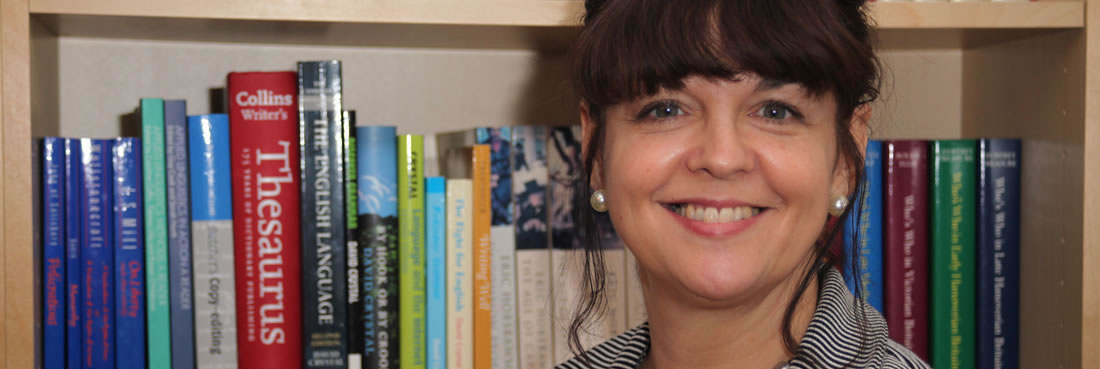It is if you want to write properly.
Which of the following is incorrect?
I need to practise my spellings.
I need to practice my spellings.
Spell check won’t help you as it recognises both words: one as a noun and the other as a verb. If you don’t know the difference between a noun and a verb, how will you know if you’re using the wrong spelling?
Let’s start with nouns.
There are many types of nouns, the most common being concrete nouns that name objects. These include: table, building, town, ball, girl, cat…
Anything that can be seen, picked up or touched is a concrete noun.
Then there are proper nouns. These are identified by capital letters, including names of people or places: Sally, Fido, London, Cambridge Business Lounge, United Kingdom, Doctor Smith, Asia, Yellowstone Park …
Next we have collective nouns. These include singular names for more than one thing:
staff, team, herd, flock, company (as in business)…
Perhaps the most confusing type of noun is the abstract noun. This term is used for things that exist but that cannot be seen or physically held. These could be qualities, ideas, beliefs, values … so many concepts. Some include:
beauty, stupidity, faith, religion, kindness, neighbourhood, practice, specialisation, purity, Protestantism, …
You will see from the last section that practice is indeed a noun; a thing. Even though it cannot be seen as an object, it is a concept that exists and can be demonstrated.
Examples would be: the medical practice; my teaching practice; she has plenty of practice. Do you see how, in each example, practice is a thing that one can possess, even though the ‘thing’ is not physically there?
Practise, on the other hand, is something one does so is a verb. You need to practise spelling rules; practise your goalkeeping skills; or practise your multiplication tables if you want to improve your spelling/ goalkeeping/ maths practice.
So what you do (practise) improves what you have or demonstrate (practice).
Once you understand the differences between nouns and verbs, it is easier to remember the spellings: ‘c’ for nouns and ‘s’ for verbs.
So, which of the first two statements is incorrect?
The same rule applies to license/ licence and advise/ advice (Although the words in the last example sound different, many do get them wrong in their writing.)
Then we come to adjectives. Many writers confuse dependent/ dependant and loose/ lose.
Dependant is a noun. If you have children, they are your dependants.
However, they are dependent upon you; dependent describes the children so is an adjective.
Lose and loose sound different, but many think that because of the ‘oo’ sound in lose it should be spelled loose. Again, knowing that lose is a verb (‘You will lose that if you’re not careful’) and loose is an adjective (the trousers are loose) makes it easier to remember which is which.
Quick Quiz
Choose the correct spelling in each sentence:
1. Contestants on Strictly have to practice/ practise their dances for several hours.
2. If you want to drive a car, you need a driving licence/ license.
3. The medical practice/ practise will be closed on Sundays.
4. The company is dependent/ dependant on local funds.
5. There’s no need to lose/ loose you temper.
6. I need to licence/ license my television.
7. Take my advice/ advise and practice/ practise spelling nouns, verbs and adjectives.
8. The teacher’s practice/ practise is outstanding.
9. Her salary supports three dependents/ dependants.
10. His driving practice/ practise went badly because his shoes were too lose/ loose. The examiner’s advice/ advise was to wait before getting his licence/ license.
Answers:
1. Contestants on Strictly have to practise their dances for several hours.
2. If you want to drive a car, you need a driving licence.
3. The medical practice will be closed on Sundays.
4. The company is dependent on local funds.
5. There’s no need to lose your temper.
6. I need to license my television.
7. Take my advice and practise spelling nouns, verbs and adjectives.
8. The teacher’s practice is outstanding.
9. Her salary supports three dependants.
10. His driving practice went badly because his shoes were too loose. The examiner’s advice was to wait before getting his licence.
